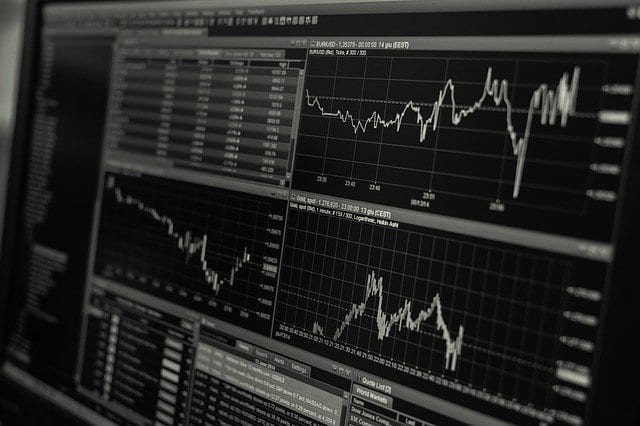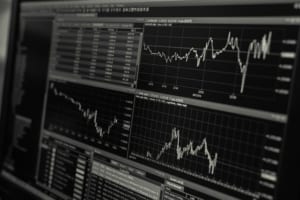

Stock markets across the world have fallen sharply because of fears over the economic impact of the coronavirus as the number of cases continues to rise. The situation is changing rapidly and the virus that started in China has spread to more than 50 countries, including the UK.
The FTSE and USA indices have both seen big daily points drops. On Thursday, benchmark indexes on Wall Street and in the City of London saw their steepest daily falls since so-called Black Monday in 1987, falling 10%. In France and Germany, indexes lost more than 12%. Although the FTSE recovered 2% on Friday and the three main US indexes recovering 9%.
Investors are concerned the situation could spark a global recession, while Mark Carney, Governor of the Bank of England, has already warned that the outbreak could result in the UK’s economic growth prospects being downgraded.
On Friday, the European Union said it will put in place a package of measures, including a €37bn euro (£33bn) investment initiative.
In the US, House Speaker Nancy Pelosi, a Democrat, said her members would pass a bill that provides paid sick leave, among other aid. But Republicans and the White House have not said they will support it. US Secretary Steven Mnuchin pledged the US would use “whatever tools we need”. The national emergency declaration helps speed some kinds of funding to local governments.
In an interview with US broadcaster CNBC, he said he believed the coronavirus slowdown would be short-term and said the situation in 1987, when markets dropped some 20%, was a “much scarier time”.
“This is nothing compared to that,” he said.
Sectors most affected
Not surprisingly, shares in airlines and travel companies have dropped significantly. EasyJet fell by 16.7% in the FTSE 100, while Tui and British Airways owner IAG both dropped by more than 9%. Oil prices have plummeted, with the price of Brent crude being at its lowest since 2016.
Firms that rely on goods from China, like the car manufacturer, Jaguar Land Rover, have highlighted that they could soon run out of parts. Companies such as Nike, Apple and Walt Disney have been badly hit, with shares down more than 4%.
The prognosis
Although stock markets may be reliving the financial crisis of 2008, there is no way of knowing how the situation will play out. Previous epidemics such as SARS and MERS had a significant impact on the economy but the effect was transient. Even the worst-hit stock recovered within a year.
Sonja Laud, chief investment officer at Legal & General Investment Management, explains that,
“What markets are trying to digest is how long this is going to go on and what the economic damage will be.” The situation may look as if it is going to go wider and deeper than investors originally assumed but acting in panic will not help.
On the plus side, these sudden falls have come after a very strong period for shares in 2019. So while they may appear dramatic in the short term, the starting point for quite a few markets was an all-time high.
The best course of action?
With sensationalist headlines in the media, panic can quickly spread. There are undoubtedly going to be mixed messages. You’ll hear some people saying it’s a good time to buy shares while they are dipping, while others will recommend you sell your shares quickly and buy government bonds instead.
It may sound like a cliché but it is a case of weathering the storm. Rather than make any sudden decisions, try and stick to your long-term investment plan. As the saying goes, it’s about time in the markets rather than timing the market. So while the dips may seem acute now, the picture could look very different over a ten or fifteen year timeframe.
If you do have any particular concerns about your investment strategy at the current time, do not hesitate to get in touch.
